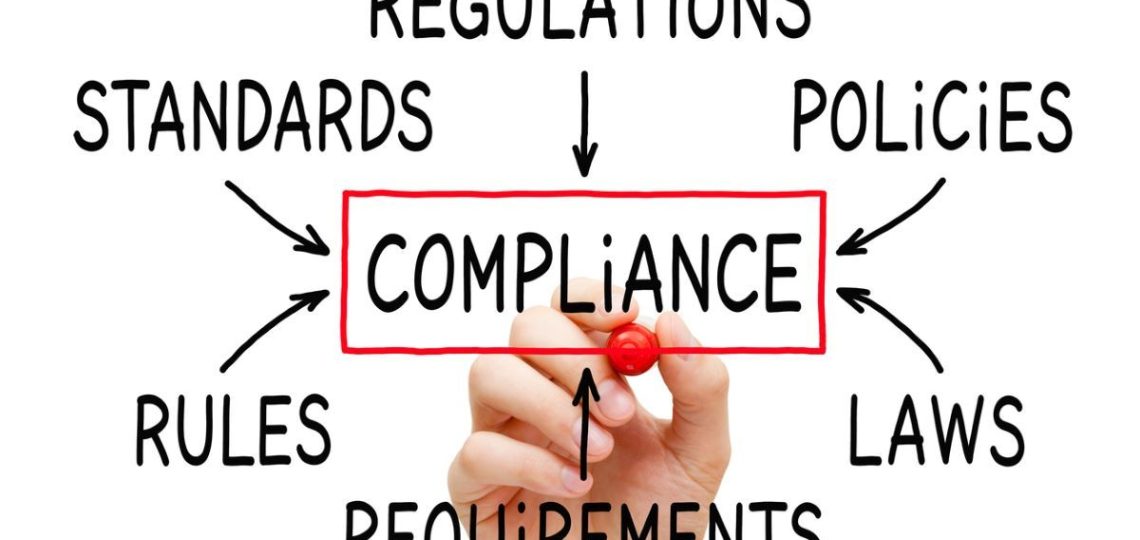
HR Compliance and Regulatory Support
HR compliance and regulatory support are vital aspects of any organization's operations. In today's fast-paced business environment, companies must navigate through an extensive web of laws, regulations, and guidelines related to human resources. Failure to comply with these regulations can lead to serious legal consequences, tarnish a company's reputation, and even result in financial loss.
The Importance of HR Compliance
HR compliance ensures that a company conforms to all relevant laws and regulations related to its workforce. This includes areas such as wage and hour laws, workplace safety, equal opportunity employment, employee benefits, and many more. By adhering to these regulations, employers can foster a fair and ethical work environment while mitigating legal risks.
Benefits of HR Compliance
1. Legal Protection: Compliance with HR regulations helps protect a company from costly lawsuits, fines, and penalties. 2. Employee Satisfaction: Following HR compliance standards creates a positive work culture, increasing employee satisfaction, and reducing turnover rates. 3. Improved Reputation: A company that complies with HR regulations fosters trust with its employees, customers, and the general public. This enhances its reputation and helps attract top talent.
Regulatory Support Services
Recognizing the complexity of HR compliance, many companies opt for regulatory support services. These services assist organizations in understanding and implementing the necessary regulations in an efficient and effective manner.
1. Compliance Audits
A compliance audit involves a comprehensive review of an organization's HR policies, procedures, and practices. It helps identify areas of non-compliance and provides guidance on rectifying them to avoid potential legal issues.
2. Policy Development
Regulatory support services aid in developing HR policies that align with applicable laws and regulations. By customizing policies to specific organizational needs, companies can ensure compliance while addressing unique workforce requirements.
3. Training and Education
These services provide training programs and educational resources to keep HR personnel and employees updated on the latest regulations. By promoting awareness and understanding, organizations can foster a culture of compliance throughout the company.
4. Record Keeping
Proper record keeping is crucial for HR compliance. Regulatory support services assist in setting up effective record-keeping systems for employee files, payroll records, performance evaluations, and more. This ensures secure storage of important documents while maintaining compliance with document retention regulations.
5. Compliance Consultations
Regulatory support services offer consultation sessions where experts provide guidance on specific compliance issues. These consultations help organizations navigate complex HR regulations and ensure compliance on an ongoing basis.
Conclusion
HR compliance and regulatory support play a fundamental role in protecting both employees and employers. Adhering to HR regulations not only helps avoid legal consequences but also improves employee satisfaction and enhances a company's reputation. By engaging regulatory support services, organizations can efficiently navigate the complexities of HR compliance, empowering them to focus on their core business activities while ensuring a compliant and thriving workforce.